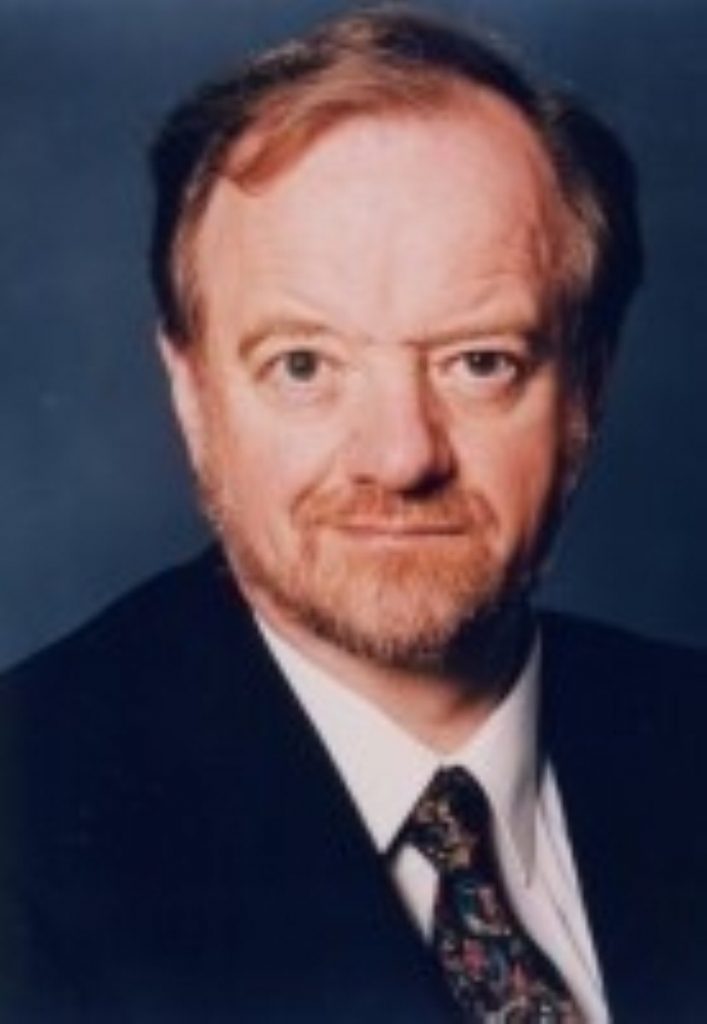Cook and Short give evidence in WMD inquiry
Robin Cook and Clare Short have given evidence on the first day of a select committee which will examine whether the Government misled the public about the extent of the evidence it had against Saddam Hussein.
The Foreign Affairs Select Committee is investigating claims that ministers overstated reports that Iraq had weapons of mass destruction (WMDs).
Opening the session, Mr Cook accused ministers of ‘not presenting the whole picture’ prior to the war in Iraq. He added that he had no doubts about the Prime Minister’s conviction on the issue but claimed that the ‘burning sincerity and conviction of those involved’ had proved problematic.
When asked if intelligence had been ‘sexed up’ to gain public support for the war, Mr Cook replied: ‘I think there was a selection of evidence to support the conclusion.’


Both Mr Cook and Ms Short were outspoken opponents to the war in Iraq, with Mr Cook leaving the Government and his position as Leader of the House of Commons before the conflict and the International Development Secretary Clare Short leaving soon after.
Asked whether he believed in the existence of Iraq’s banned weapons stores, the former Foreign Secretary stated: ‘Such weapons require substantial industrial plant and a large workforce. It is inconceivable that both could have been kept concealed for the two months we have been in occupation of Iraq.’
The committee will also look at claims that Iraq had the capacity to launch a strike using weapons of mass destruction within 45 minutes, which was given as one of the significant threats posed by Saddam’s regime.
When Ms Short came to give evidence, she told the committee that she believed the UK and American governments had decided in summer 2002 that there should be a war against Iraq in early 2003.
She claimed that the existence of a timetable had led the coalition to abandon a second UN resolution and to play up reports of Iraq’s weapons of mass destruction.
Ms Short went on to state that the country and MPs had been exposed to a series of ‘half truths, exaggerations, reassurances that weren’t the case, to get us into conflict by the spring’.
She declared that ‘nothing explains the failure to allow (UN chief weapons inspector Hans) Blix to complete his process’ other than such an agreement.
The former minister also launched a strong attack on Tony Blair’s style of leadership, arguing that the usual processes of cabinet government had been replaced with a more presidential emphasis which left many key government members in the dark over matters of high-profile policy.
The Foreign Affairs committee is being chaired by Labour’s Donald Anderson. It is considering if the Government presented ‘accurate and complete information to Parliament’. The Foreign Office has said it will co-operate with Mr Anderson and his committee.
Since the war was declared over, there have been no significant finds in the search for Saddam Hussein’s WMD despite Bush’s pledge that they would be found.
The Government insists that the case for military action against Iraq was fully justified, and flatly rejects suggestions that it may have doctored intelligence in any way in order to garner support for war.

